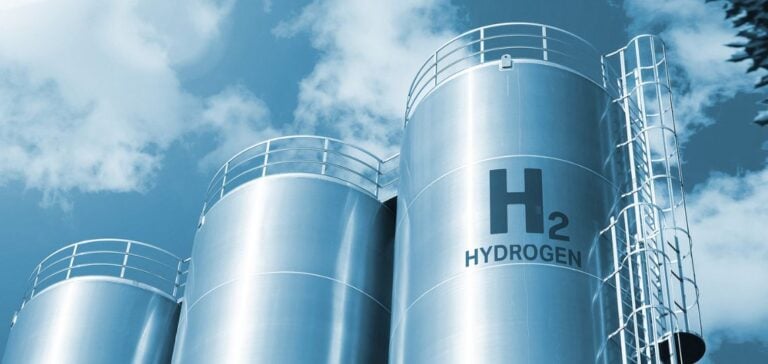This week, companies considering using new US tax credits to deploy hydrogen projects urged the Treasury Department to relax proposed environmental requirements. They warn that these measures could hamper the take-off of this nascent industry.
Debates on environmental standards
The Treasury and Internal Revenue Service held hearings on guidance issued in December governing implementation of the Clean Hydrogen Production Tax Credit, or 45V credit, one of the most lucrative incentives in the Inflation Reduction Act of 2022. This credit would create a ten-year incentive for clean hydrogen production of up to $3.00/kilogram.
Potential impact on hydrogen projects
The Treasury’s proposal would require hydrogen producers seeking 45V credits to prove that they used clean, recently built electricity from the same region as the project. They should also demonstrate that the energy was produced at the same time as the hydrogen. Australian firm Fortescue said the requirements would hinder a project it was pursuing in the Pacific Northwest, backed by the Department of Energy last year.
Calls for relaxation of rules
Frank Wolak, president of the industry group Fuel Cell and Hydrogen Energy Association, said the requirements had dampened investor interest in hydrogen projects. The lobby group called for projects launched before the directives were finalized to be exempted. Dorothy Davidson, CEO of the DOE-backed Midwest Hydrogen Hub, has called on the Treasury to allow projects to source at least 10% of their energy from pre-existing zero-carbon sources, such as nuclear, and to allow the use of renewable natural gas from farms and landfills.
As the hydrogen industry looks for ways to facilitate access to the tax credits essential to its expansion, the debate between environmental requirements and the need to encourage investment in clean energy continues. The Treasury Department’s final decisions will have a significant impact on the future direction of this emerging industry.






















